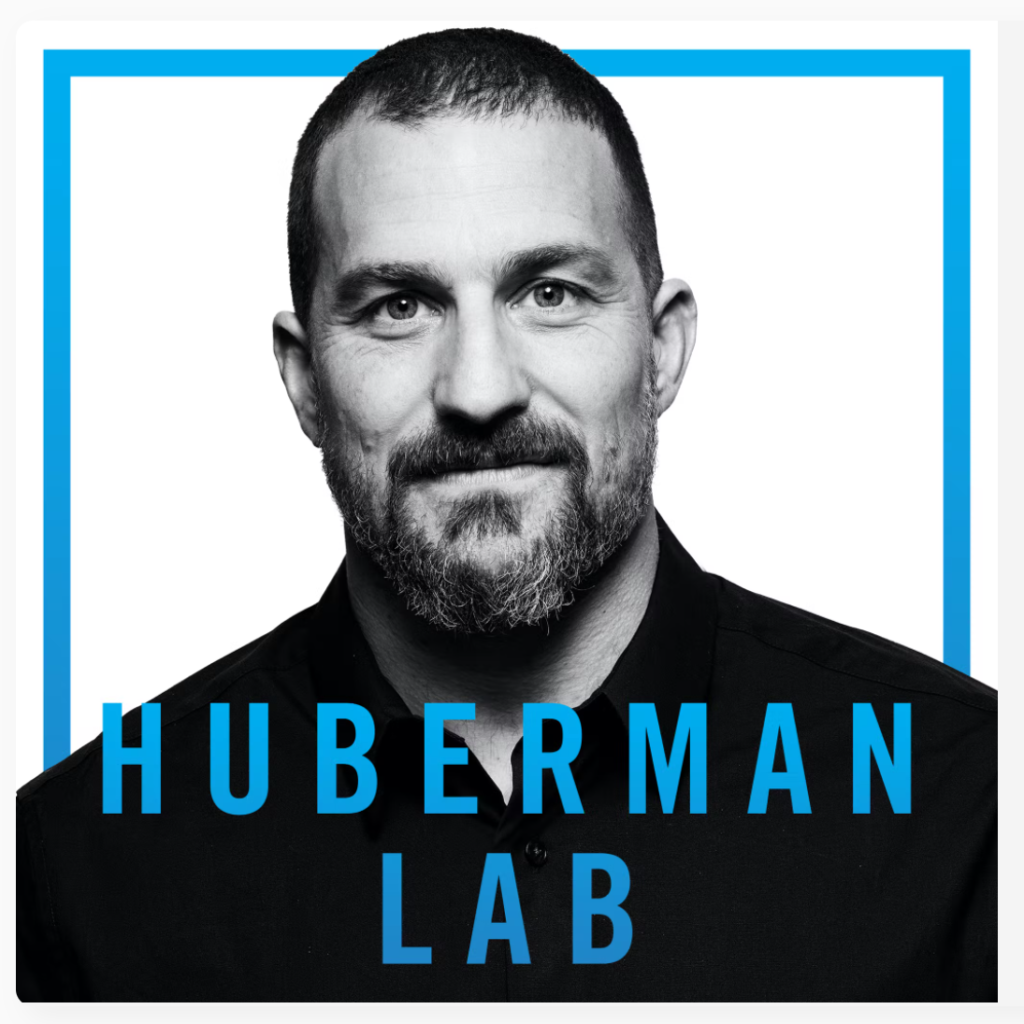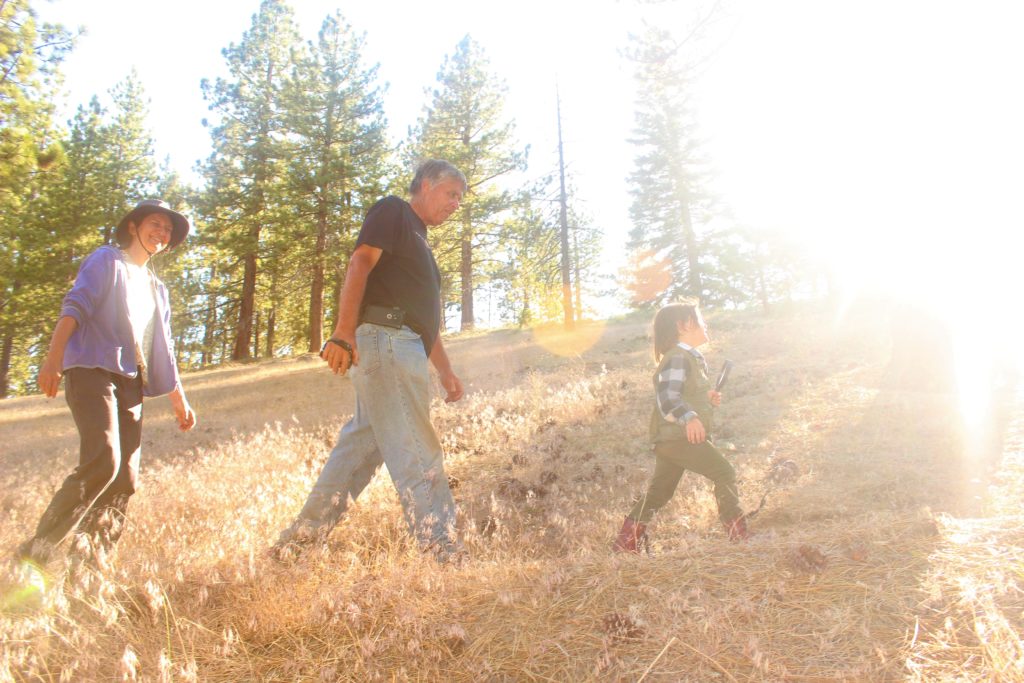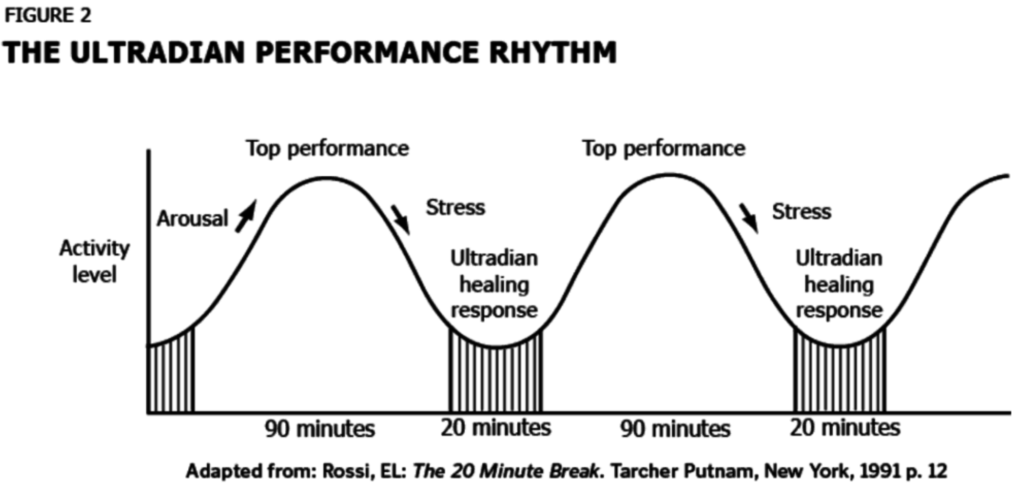This morning as I was sipping my tea and thinking about brain plasticity, brain development, and neural regeneration, the question formed….are there any new cat videos on #blackcatsofig? I chastised my incredibly meandering harlequin of a mind, stroked the lump of purr dozing beside me, and dug up the notes, “Mindset Bootcamp” inside my “Personal Development” folder in Google Drive.
Phrases like “Mindset Bootcamp” and “Personal Development” normally make me upchuck in disgust as though I’ve accidentally inhaled a very smelly fart in an elevator, the fart being All Things Stupid and Contrived About the Modern Age. I guess in a moment of fizz-pop confidence, I named it that, thinking, “No one will ever find out.” Anyway, now it’s just you who knows. Don’t tell anyone else.
When thinking about self-improvement, one does shudder with overwhelm, doesn’t one? We live in a global mecca of masterclasses, wellness programs, $10 life-changing courses (available only for the next 2 hours), virtual courses, and Zoom seminars, yet our bottoms still sit soft and heavy on the pillions of self-improvement books we consume with our hard-earned, overworked, under-paid dollars and yet…we still despair about how to escape our compulsive, self-defeating, chronically-fatigued ruts.
As my tummy turns at the thought of hearing another anemic, nasally, waifish “Nama-staaaaay” and my boredom droops in the face of all those vapid wellness promises, most of which simply seek to grab our dollars with their gristly hands, I think, “Science,” the first and last pitstop on the way to the church of truth. Take my tithes and offerings, Science.
The only saving grace about said “personal development” notes in my Drive folder, is that they are based on a talk given by Dr. Andrew Huberman, a neuroscientist and associate professor in the Department of Neurobiology at the Stanford University School of Medicine. His contributions to the areas of brain plasticity, brain development, and neural regeneration have rippled through the world as is evident in millions of science-hungry followers who listen-re-listen-take-notes-ask-questions and do it all over again. The People Want to Know. Dr. Huberman says his mission in neuroscience is to discuss:
“how our brain and its connections with the organs of our body controls our perceptions, our behaviors, and our health.”
He also discusses tools for measuring and changing how our nervous system works. It doesn’t hurt that he’s as delicious as a freshly-buttered pancake on Sunday morning.

Dr. Huberman presents some simple but effective tools to optimize health and productivity within the context of 24 hours, a groundbreaking contextualization. It gives us a beginning and an end which makes the goals seem less like a looming lenatrophous (no idea, I made it up) and more like an appealing…..albatross? No….um….aardvark?…..no, definitely not appealing……um…… avalanche? No, no…..I mean what’s an appealing avalanche? Get a grip, Prish. Sigh. Look, this only proves that I need these science-based tools more than you do.

Here follows a 24-hour guide on maximizing productivity and health according to Dr. Huberman.
Sleeping & Waking
Record your average wake-up time. Dr. Huberman says that the average wake-up time informs what’s called your temperature minimum. It tells you when, within a 24-hour cycle, your body temperature is lowest, typically 2 hours before your actual wake-up time. If you wake up at 08:00 am, then your temperature minimum is around 06:00 am. With this information, you can set your workday by the ultradian cycle of 90-minute optimized focus and 20 minutes of rest. To schedule this, follow this calculation:
Wake up: 06:00 – Temp min: 04:00 – First optimized 90-minute work session: 10:00 am
Forward Ambulation & Sunlight Exposure
Forward ambulation is a sciency way of saying, “go for a walk” but do it as soon as you wake up. When we generate forward motion, visual images pass by our eyes, creating optic flow, which has a powerful effect on the nervous system in quieting stress, anxiety, and fear in the amygdala. Dr. Huberman says that this protocol is important because it pushes our neurology towards alert, but not anxious.
“Sunlight exposure” is the most important thing we can and should have to promote metabolic well-being, a positively functioning hormone system, and optimal mental health. Get outside, with no sunglasses on, for about 30 minutes every day. Sunlight exposure ensures that we get adequate stimulation of specific neurons on the eye called “melanopsin,” photosensitive ganglion cells. They set off a cascade of reactions in the entire body, detecting radiant light, balancing the circadian rhythm, and allowing us to physiologically adapt to seasonal changes. Without adequate sunlight exposure, serotonin levels dip, creating greater swings towards depression and SAD (seasonal affective disorder).

Hydration & Caffeine Intake
16oz–32 oz (½ litre–1 litre) per day. Water, that is. Add ½ tsp of salt. Neurons need sodium, magnesium, and potassium to function. Honestly, haven’t our grandmas been telling us this since forever? Good hydration equals stronger neurological connections. And speaking of hydration, delay your caffeine fix by 90 minutes to 120 minutes after you wake up. Wait, wait, don’t have a panic attack, just hear the good Doc out. There’s a compound in the body called “adenosine,” which is present in various forms in every single cell of the human and animal body. It is an essential component of the energy production and utilization systems of the body. It is also a key mediator of sleep. “When we wake up in the morning”, says Dr. Huberman, “our adenosine levels are very low, but as the day progresses, we build them up again.”
Caffeine blocks adenosine receptors, which is why it makes us feel more alert. If we delay coffee consumption by 90 min to 120 min, we can ensure we don’t experience a mid-afternoon caffeine crash. During that crash, the build-up of adenosine is released, creating a greater level of sleepiness than you would normally feel without caffeine. When we delay coffee consumption, we create a nice even arc of energy inside of a very well-focused workday and thus allow our bodies to become naturally sleepy at the end of the day. Quite civilized.

Fasting
Why does fasting work in creating a heightened state of alertness and yet a calm mental state? Fasting increases levels of adrenaline (epinephrine) in the body, so we learn and focus better. Dr. Huberman himself doesn’t break his fast until noon, but it could be different for everyone and also depends on the time of your last meal and how insulin-sensitive you are. For me, when my mental state is not disturbed, (stop calling me 5 times a day, Ma!), then I enjoy eating between 12:00 to 16:00. This feels great for me. Do what feels good for you, and also make an informed decision by reading all the literature available. Fasting does not work for everyone.
Included inside the fasting period, Dr. Huberman suggests yerba mate and guayusa teas, which release “GLP-1”, a glucagon-like peptide that increases lipolysis or burning fat. Better still, frequent pours of fresh water over the used leaves release more GLP-1 each time!
Scheduling Hard Mental Work Periods
| Before we get into this, a tiny Huberman note. Set your workstation at eye level or higher to create higher states of alertness. Constantly looking down creates sleepiness. |
Dr. Huberman recommends setting peak-focus work periods at 90 minutes per session. The brain goes through ultradian cycles of 90 minutes throughout the entire day and night.

According to Dr. Huberman, the brain can handle an intense bout of work over 90 minutes, with the start of that period building up to a peak and the end decreasing in intensity.
“You’ll be amazed by how much you can get done in 90 minutes if you remain focused.”
How to remain focused within these 90 minutes? BLOCK EVERYTHING OUT: access to social media, emails, and calls. Doing this teaches us to self-regulate our impulses and become highly focused and productive. If we need extra help in achieving that feeling of focus, try the Huberman-recommended program, Freedom, a software that helps people focus on what matters most.
White Noise
White noise is all perceivable frequencies of sound that set the brain into a state of deep focus and stimulates the secretion of dopamine, cognition, memory, and attention to a greater degree. Dr. Huberman suggests playing white noise at a low level but not through earphones.
Try this out: White Noise
Late Afternoon/ Early Evening Light to Support Sleep
Data shows that viewing any light between 22:00 to 04:00 disrupts dopamine production, mood, memory, the immune system, and the endocrine system. To prevent this disruption, get 20 minutes of late afternoon/ early evening light in your eyes to lower the sensitivity of light on your retina in later hours. Getting later afternoon light in your eyes means that melatonin a hormone naturally produced in the pineal gland remains stable. Melatonin allows us to fall asleep easily and is inhibited by bright light.
NB from the Doc: The optimal protocols for optimizing our brain and body health are simple. They are very powerful because they leverage the most powerful technology that we are born with and that we will die with, our nervous system. These natural, basic tools steer our biology and neurology towards impactful work and health flow.
Eating Dinner to Support Serotonin and Calm Sleep
Dr. Huberman advises us to eat dinner that supports rest and deep sleep. Ingest complex (not refined) starchy carbohydrates, which support the release of dopamine and melatonin. Food and mood are yet another rabbit hole. You can find that talk here. Now, before you turn your nose up at the suggestion of not just carbs, but carbs for dinner, Dr. Huberman’s honey-brown eyes remind us that this is a scientifically-grounded protocol. Try enjoying a portion of beans, oats, quinoa, or sweet potatoes at dinner, and tell me you don’t feel calm and grounded after that. Dr. Huberman calls sleep “the primary way we can ensure our health and brain health.” Consequently, feeding ourselves foods that support sleep is imperative.
Sleep
The body needs a drop in temperature of 1 to 3 degrees to accelerate sleep. Dr. Huberman recommends taking a hot bath, shower, or sauna to induce that drop in temperature. After hot showers, the body’s internal cooling system induces that drop in temperature. I have fond memories of my Dad coming out of the shower on hot African summer nights with billowing steam halos around him. He taught us how essential those really hot showers were before sleep and even now, I can’t fall asleep without first taking a hot shower.

Dr. Huberman offers insight on sleep supplements, strongly advising against melatonin. He says that melatonin suppresses estrogen, testosterone, and the natural onset of puberty in coming-of-age children. Instead, take 300mg–400mg magnesium 30 minutes to 60 minutes before sleep. There are many kinds of magnesium, all with different benefits. For improved sleep, take Magnesium L-Threonate and Magnesium Bisglycinate. They cross the blood-brain barrier more easily than other forms of Magnesium and release a neurotransmitter called GABA which shuts off the fore-brain (thinking, planning, ruminating) to some extent. Additionally, take 50g of Apigenin, a compound found in chamomile, and 100mg–200mg of Theanine, which also releases GABA. Dr. Huberman is not a big fan of supplements but suggests these as a way to replace addictive, damaging sleep medications on the market should you need to.
And there you go, science-backed, data-driven protocols on how to maximize your mental and physical health using the body’s built-in power tools. Go forth and conquer.
Get more like this—Sign up for our daily inspirational newsletter for exclusive content!
__
Photo: Dr. Huberman; Unsplash




